SILVES, PORTUGAL—According to a Portugal Resident report, the remains of a one-year-old child and several animals have been found in a pit in southern Portugal’s town of Silves. The burial has been dated to the late thirteenth century, based upon pottery that was also deposited in the pit. “This was a structure that had been dug in the rocks and filled with rocks, construction materials, and other trivial objects,” said municipal archaeologist Carlos Oliveira. The child’s skeleton was found under the bones of a sheep or a goat, and the nearly complete skeleton of a horse wearing horseshoes. Fragments of leaded iron rings may have been part of the horse's harness. Oliveira said the child was found face down in the pit, as if it had been disposed of in haste. Under the child’s remains, archaeologists also recovered an arrowhead that may have been lodged in the child’s muscles, as well as the bones of a small donkey or young horse, the bones of a cat and a bird, and cattle bones bearing cut marks that indicate they had been used for food. Oliveira thinks the animals and child were killed during one of the many conquests of the town, as it repeatedly changed hands between Christians and Muslims. To read about another child burial, go to "Shackled for Eternity."
Medieval Burial Pit Unearthed in Portugal
News July 25, 2019
Recommended Articles
Artifacts July/August 2025
Maya Ceramic Figurine
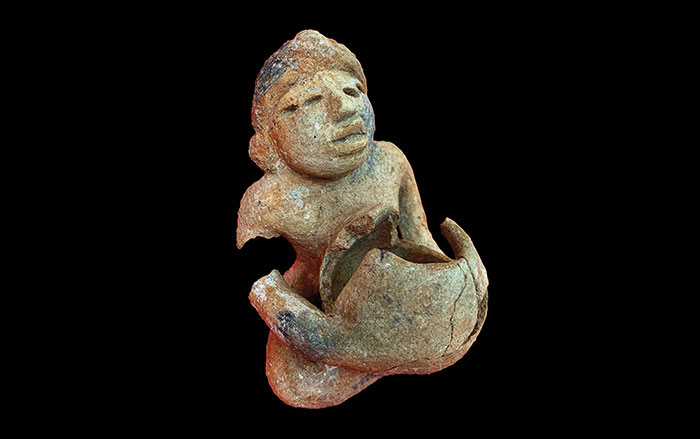
Off the Grid July/August 2025
Vichama, Peru
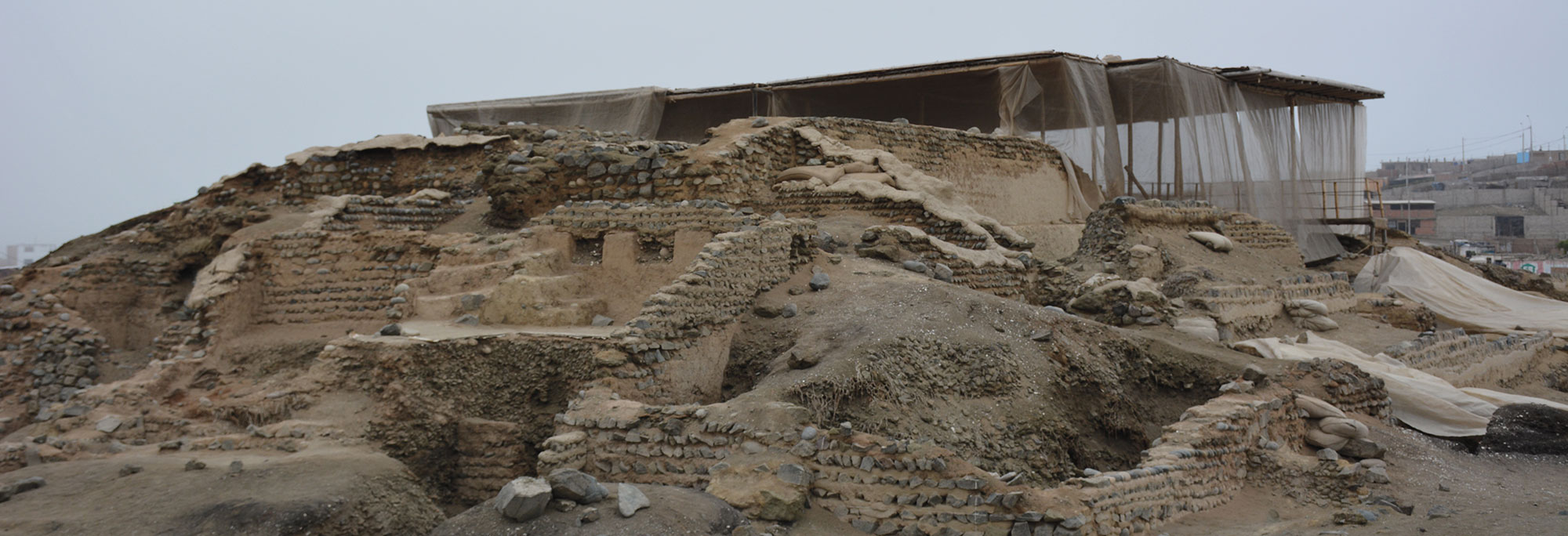
Digs & Discoveries July/August 2025
Bound for Heaven
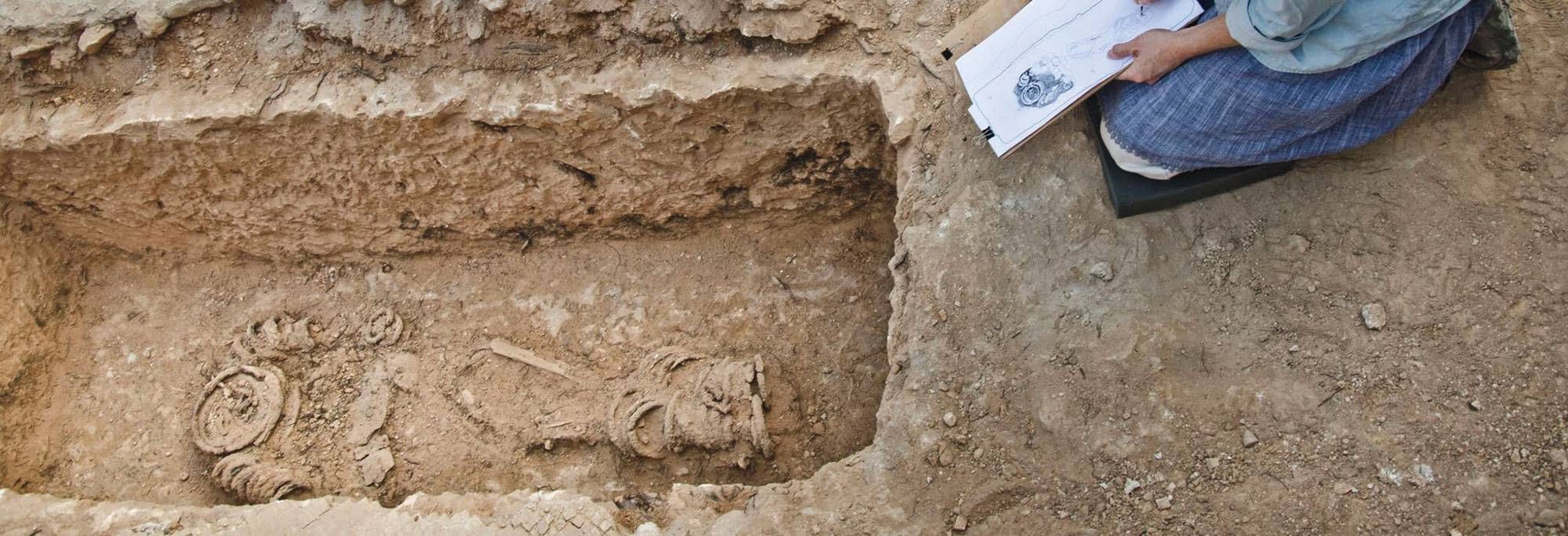
Digs & Discoveries July/August 2025
Saints Alive
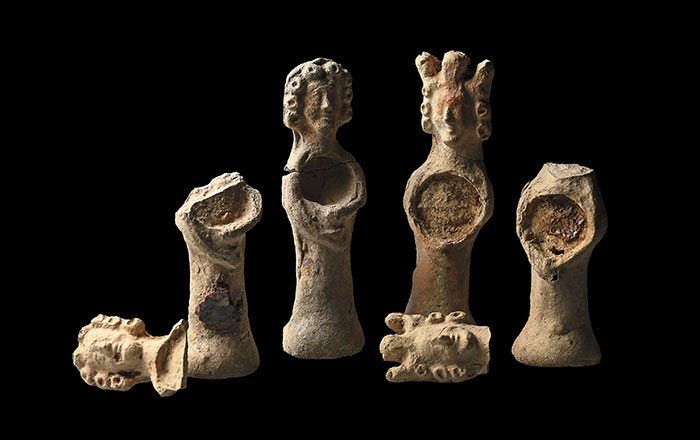
-
Features May/June 2019
Bringing Back Moche Badminton
How reviving an ancient ritual game gave an archaeologist new insight into the lives of ancient Peruvians
 (Courtesy Christopher Donnan, Illustration by Donna McClelland)
(Courtesy Christopher Donnan, Illustration by Donna McClelland) -
Features May/June 2019
Inside King Tut’s Tomb
A decade of research offers a new look at the burial of Egypt’s most famous pharaoh
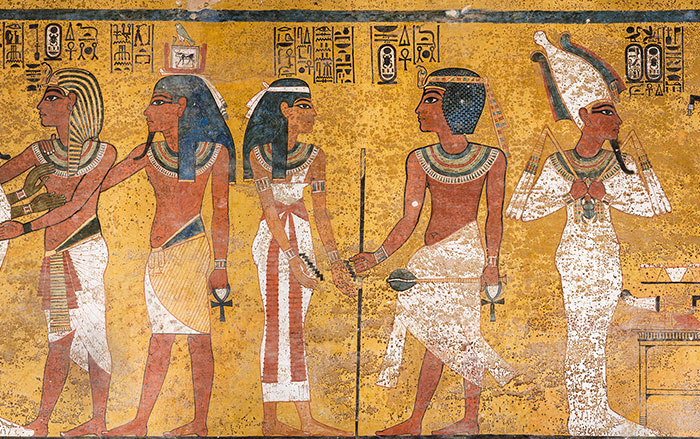 (Courtesy Factum Arte)
(Courtesy Factum Arte) -
Letter from the Dead Sea May/June 2019
Life in a Busy Oasis
Natural resources from land and sea sustained a thriving Jewish community for more than a millennium
 (Duby Tal/Albatross/Alamy Stock Photo)
(Duby Tal/Albatross/Alamy Stock Photo) -
Artifacts May/June 2019
Ancestral Pueblo Tattoo Needle
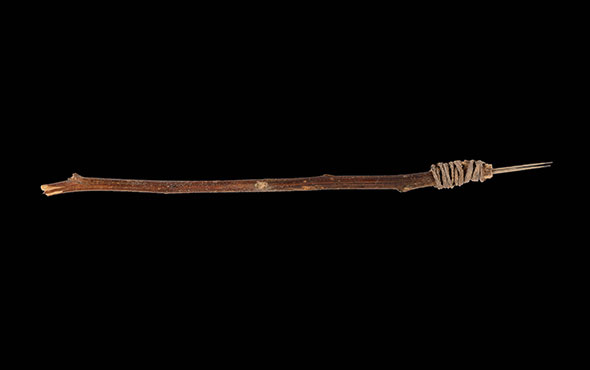 (Robert Hubner/Washington State University)
(Robert Hubner/Washington State University)



